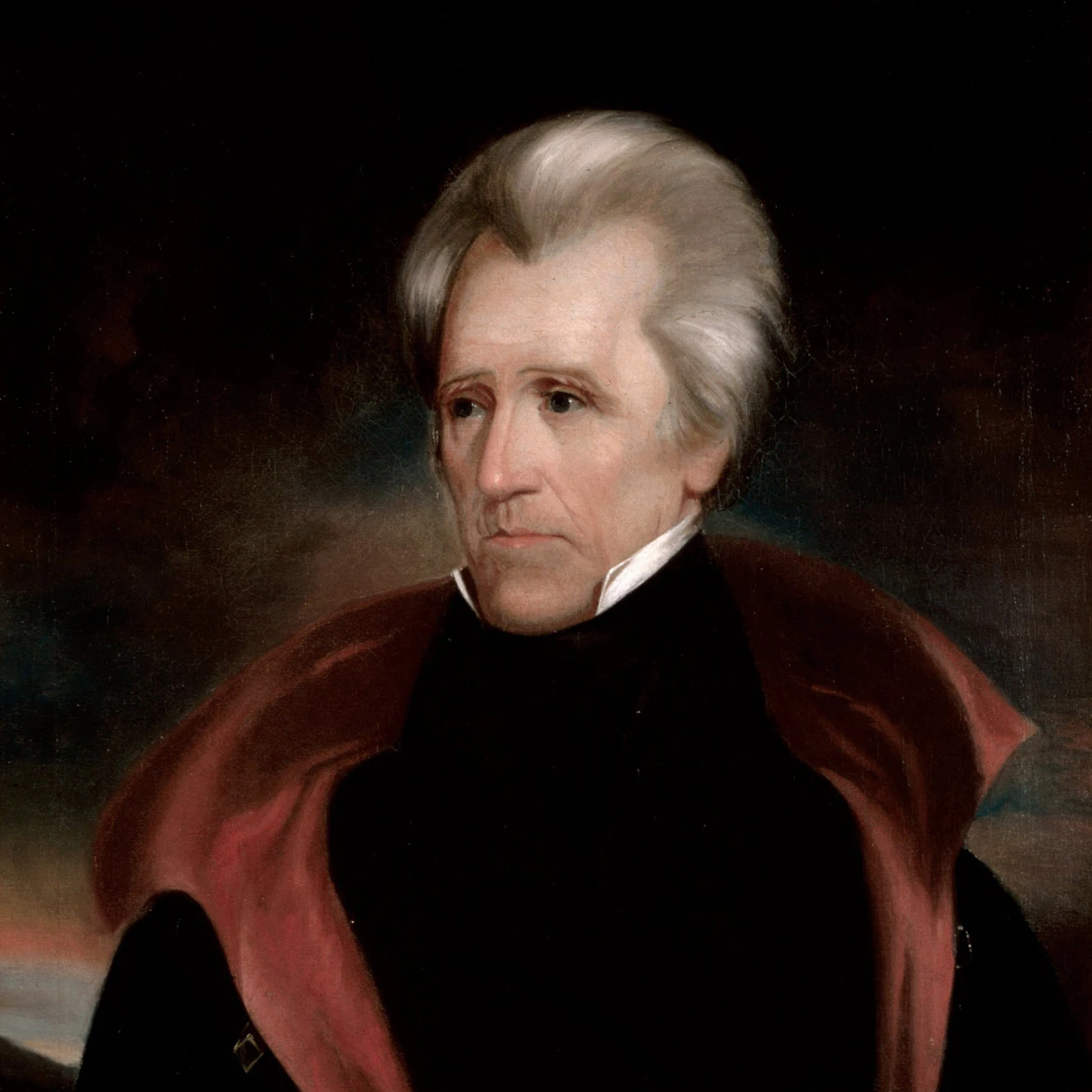
Beyond all the glorious videos and photos that Americans are fed, there is a history of animal abuse that is hidden away. It’s obvious to see why most produce marketing teams want us to see beautiful imagery of farm animals free on fields, stereotypical farmers wildly grinning, and joyous animals. America isn’t shown the animal abuse occurring behind closed doors of industrialized factory farms. Kelsey Piper, a writer for Vox’s online forum, details state laws that have been created to keep the cruel abuse of factory farm animals out of the public’s reach. Piper writes passionately, “Several states have passed- and many others have considered – so-called “ag-gag” laws, which criminalize the undercover investigations that reveal abuses on farms. Legislators have been forthright about their motives, too. They’re worried that evidence of what goes on on these farms will outrage Americans – they want to ban it.” Keeping negative imagery of animal welfare out of the public eye is at the forefront of the industry’s goals. Preventing an insight into the dirty truth hidden away keeps consumers blind. This allows them to continue to pour their money into these companies.
Consumer blindness is something that the food industry will do whatever it needs to maintain its power.
Americans carry the unknown guilt that has been pushed on them by perpetrators of animal abuse; each purchase of animal products supports the flawed system. Americans must become aware of what their decisions support. There needs to come a point where humanity comes together to tear down the food industry from its high thrones and push towards a sustainable and animal-first industry. Farming has hope and promise; large industries have much to learn from sustainable farmers. Consumer blindness cannot continue to be why the food industry continues to get away with its cruel tactics. Consumers have the ability to band together and call for change in the same way that they continue to be supporters.
The knowledge of the food industry is hidden away, but it is not entirely unobtainable.
Americans must continue to feed themselves knowledge and find solutions to prioritize animal welfare.



Hello!
ReplyDeleteI like how you brought to light that Americans choose majority of the time to not know what the food industry puts into their foods. Wording it as carrying an unknown guilt. People can demand change only if there are large numbers and if they can get the higher power to listen. Great blog post!
I enjoyed reading this for I am, as well, an animal lover. I also think we need to push towards farming that puts their animals first. I loved the wording within here, especially carrying an unknown guilt. This wording is great for persuasive writing, because it’s making people feel a certain way. Great job!
ReplyDeleteI thought this entry was pretty insightful. When I was younger, I would watch a lot of content about veganism and vegetarianism, and with that came a lot of people documenting the conditions of animals being raised in their respective environments for later slaughter. It was horrific, and there were multiple points where I opted out of dairy and/or meat out of disgust. I honestly had no idea about any legislation, passed or considered, that would try to take away the ability to do these investigations, so that was very new for me. For me, when I think about "consumer blindness," I always think about the concept of commodity fetishization, the concept that, in our modern society, we have a layer of abstraction over the relationship among people involved in the process of what we purchase and consume. While this is an oversimplification on my end, I do find it fascinating that you found a way to apply this to animals and the process of consuming what was, in essence, created by animals. Great article.
ReplyDelete